Share
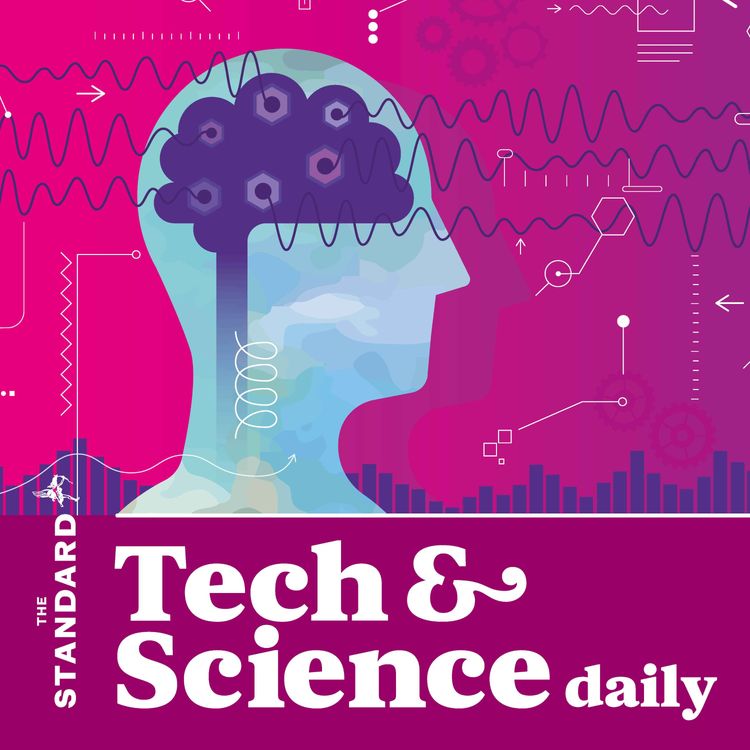
Tech and Science Daily | The Standard
YouTube blocks monetisation of Russell Brand’s channel
Season 1
•
YouTube has suspended the monetisation of Russell Brand’s YouTube channel following allegations made against the comedian and presenter.
Would you pay for Twitter? Elon Musk says X could go behind paywall.
Incurable dog disease on the rise and now three humans have caught it
Also in this episode:
- One in ten in Japan over the age of 80 for the first time ever
- Europe’s major robotics competition sees teams competing live in Milton Keynes
- Microsoft’s new disc-less Xbox Series X design with a new ‘immersive’ controller
- Study suggests exercising between 7am and 9am may be key for weight management
- Age UK analysis finds many older people unable to use the internet safely or successfully
- The Scottish amateur football team taking on Elon Musk
More episodes
View all episodes
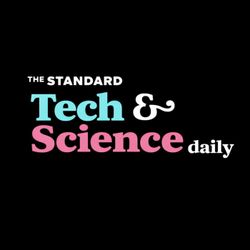
Freedom Pass review, UCL “beer-to-burger” cultivated meat breakthrough, and the UK’s new Cyber Action Plan
05:48||Season 1On today’s Tech and Science Daily from The Standard, London Councils reviews the Freedom Pass as costs rise, UCL scientists turn brewing waste into scaffolds for cultivated meat, and the UK unveils a new Cyber Action Plan to harden public services. Plus quick consumer security updates and a gaming last call. Find all the latest news at Standard.co.uk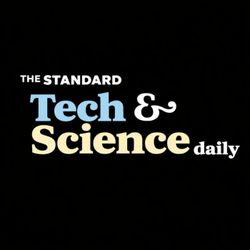
NHS Online hospital plan, Intel Panther Lake at CES, and Arc Raiders’ “aggression matchmaking” — Tech and Science Daily from The Standard
06:18||Season 1In today’s Tech and Science Daily from The Standard, NHS England sets out priority conditions for its upcoming NHS Online hospital, and CES 2026 kicks off with Intel’s new Panther Lake-era laptop chips and fresh Acer ultrabooks. Plus, Arc Raiders confirms “aggression-based matchmaking” that groups PvP-heavy players together.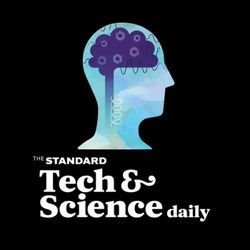
Tech and Science Daily: London council cyber clampdown, TfL Oyster upgrade, CES 2026 preview — plus Nesta’s Future Signals 2026
14:43||Season 1Tech and Science Daily from The Standard covers a London council cyber security clampdown after a neighbouring incident, and TfL’s plans to modernise Oyster and contactless so phones and wearables play nicer with fare caps. After the break, we’re joined by Nesta to talk Future Signals 2026 — the emerging trends that could shape the year ahead — before a quick preview of what to expect from CES in Las Vegas. We also round up the holiday-season gaming hack chatter, with the dramatic TikTok clips versus what’s actually been confirmed. For more head to standard.co.uk.
Gaming & Gadgets Round-Up 2025: Switch 2, GTA VI Delays, Steam Deck Shifts and Samsung’s Tri-Fold Flex
05:35||Season 1Alan Leer rounds up 2025’s biggest gaming and gadget moments — Switch 2’s launch, the year’s top awards winner, GTA VI’s delay, Steam Deck pricing shifts, and foldables going full tri-fold.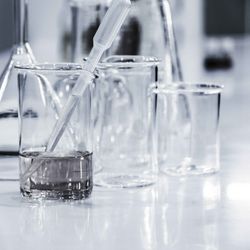
Science Round-Up 2025: NHS Gene Editing, UK Heat Records, and a Nobel-Winning Quantum Moment
05:42||Season 1Alan Leer runs through the biggest science threads of 2025 — from world-first gene editing on the NHS and UK temperature records to Nobel-level physics and a rare interstellar visitorFor the latest news, visit Standard.co.uk
Tech 2025 Round-Up: AI Agents, Online Safety Rules, Digital ID — and London’s Data-Centre Power Crunch
07:32||Season 1In this Tech 2025 round-up, Alan Leer breaks down the year’s biggest tech themes: AI shifting from chatbots to agentic tools, the UK’s Online Safety Act enforcement, new digital ID plans, tougher competition rules for Big Tech, the privacy and ad-tracking shake-up, and why London’s data-centre boom is colliding with electricity grid limits.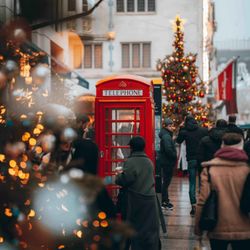
Christmas Eve Tech & Science Daily: Whitechapel fatberg, Crystal Palace Dinosaurs glow-up, Fortnite Winterfest, GTA festive gifts, and a hopeful Parkinson’s science update
06:46||Season 1On this Christmas Eve edition of Tech and Science Daily from The Standard, we’re keeping it festive but still very London: Thames Water tackles a fresh Whitechapel fatberg blockage, while Crystal Palace Park’s iconic Victorian dinosaur sculptures get a long-overdue restoration glow-up. After the break, we dip into seasonal gaming with Fortnite Winterfest and GTA festive gifts, plus a quick consumer tech check-in for last-minute kit. And in science, we’ve got a hopeful update on new research reshaping how we think about dopamine and movement in Parkinson’s. Head to Standard.co.uk for all the latest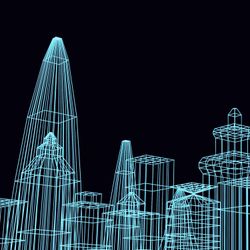
London robotaxis set for 2026 trials, the UK’s “year of the octopus”, and how AI digital twins could reshape future cities
09:46||Season 1On today’s Tech and Science Daily from The Standard, we look at plans for robotaxi trials in London in 2026, plus the surprising UK science story being dubbed the “year of the octopus” after a boom in sightings and catches off England’s south coast. Then Alan Leer drops into an interview with Johannes Maunz, Senior Vice President of AI at Hexagon, on AI-enhanced digital twin mapping — and how virtual city models could help London plan everything from driverless transport to climate-resilient infrastructure and pedestrian-first streets. For more updates, visit standard.co.uk
Vodafone franchisee legal battle: 62 ex-partners sue, MPs step in — plus Starlink “super Wi-Fi” on Waterloo trains
11:32||Season 1On Tech and Science Daily from The Standard, we lead with an extended interview package on claims from former Vodafone franchisees — with 62 ex-partners taking legal action and Vodafone denying wrongdoing. Plus, a London commute upgrade: South Western Railway trials Starlink-powered “super Wi-Fi” on routes in and out of London Waterloo, and we wrap with a quick contactless payments rule change and a free S.T.A.L.K.E.R. 2 content update. For more, visit standard.co.uk.